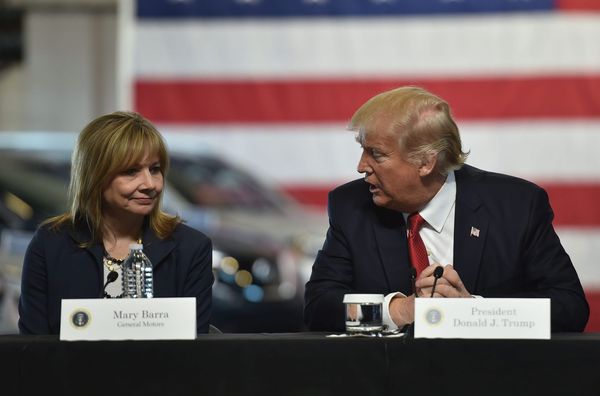Organisations and NGOs working with refugees in Calais in northern France are calling for centres set up to receive Ukrainians fleeing conflict to be opened up to other exiles, who have been camping out for months in the hope of crossing to Britain.
Overall more than three million people are estimated by the UN High Commissioner for Refugees (UNHCR) to have fled Ukraine since Russia's invasion on 24 February.
For those seeking to join their relatives in Britain, a difficulty has arisen in obtaining a visa. Several hundred of these refugees are therefore stuck in the French port of Calais where they were welcomed by the local authorities. Since their arrival a few weeks ago, the town hall has provided them with food and beds.
These measures have led some migrant aid organisations to question why the Ukrainians refugees were getting special treatment whereas refugees from other war-torn countries such as Afghanistan, Syria or Somalia were not for years.
"The families who arrived in Calais were given the possibility to go to a youth hostel for free during their stay in the city. This is great, this is pretty much what all the organisations for the defense of displaced people have been pleading for years," William Feuillard of the Auberge des migrants told RFI.
He is hoping that once the media attention dies down, that Ukrainians will continue to be well looked after, and that it will set a new standard for welcoming refugees in France, regardless of where they come from.
Temporary protection
Like thousands of others from around the world, Ukrainian refugees have come to Calais, the last stage on the migrant trail to Britain. In 2016 police dismantled a giant migrant camp known as "the Jungle", but that did not stop migrants from coming. Migrants from Sudan, Afghanistan and Syria are still regularly chased away by the police and expelled from tent sites in the area.
"In France, the law applies for everyone and the treatment has to be the same otherwise it’s considered as discrimination if you privilege one group of people or another one based on ethnic background, the country they are from, or the skin colors," says Feuillard.
The mayor of Calais, Natacha Bouchart, noted that the EU had granted "temporary protection" to refugees fleeing the war in Ukraine.
"The difference is that Ukrainians are in a regularised situation," the mayor said.
William Feuillard disagrees with this argument.
"All the arguments that were told on why they were treated differently, none of them make sense. Some say Ukrainians have papers and Afghans don’t for example, but both have their passport."
UK visas
But even for Ukrainians, the welcome does not necessarily extend beyond Calais.
The British government has created two pathways for Ukrainians -- family reunions with relatives already in Britain, and a new "sponsorship" scheme for organisations and individuals to bring in others.
But the application process is complex and ever-changing.
Of the 625 Ukrainians who applied for a visa in the Pas-de-Calais region to join their family in the UK since the beginning of the war, 306 have been rejected by the British authorities, the French local authorities said on Tuesday.
The local delivery of UK visas to Ukrainians has turned into a new source of tension between Britain and France.
France's Interior Minister Gerard Darmanin on 5 March accused Britain of a "lack of humanity" after saying that 150 Ukrainian refugees were turned back at the Channel port.
Britain then said last week it was sending visa officers to Calais to help expedite the processing of visas for Ukrainians.







